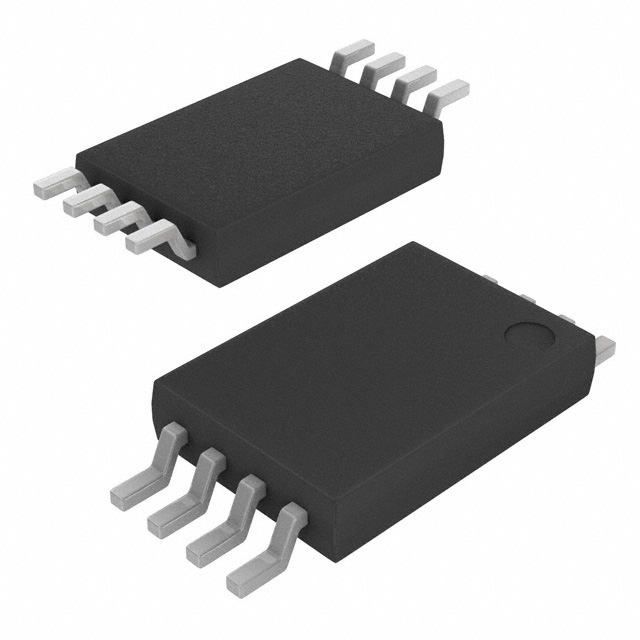
X9317ZV8I-2.7
ObsoleteIC DGTL POT 1KOHM 100TAP 8TSSOP
Deep-Dive with AI
Search across all available documentation for this part.

X9317ZV8I-2.7
ObsoleteIC DGTL POT 1KOHM 100TAP 8TSSOP
Deep-Dive with AI
Technical Specifications
Parameters and characteristics for this part
| Specification | X9317ZV8I-2.7 |
|---|---|
| Configuration | Potentiometer |
| Interface | Up/Down |
| Memory Type | Non-Volatile |
| Mounting Type | Surface Mount |
| Number of Circuits | 1 |
| Number of Taps | 100 |
| Operating Temperature [Max] | 85 °C |
| Operating Temperature [Min] | -40 °C |
| Package / Case | 8-TSSOP |
| Package / Case [custom] | 0.173 " |
| Package / Case [custom] | 4.4 mm |
| Resistance - Wiper (Ohms) (Typ) | 400 Ohms |
| Resistance (Ohms) | 1 kOhms |
| Supplier Device Package | 8-TSSOP |
| Taper | Linear |
| Temperature Coefficient (Typ) | 300 ppm/°C |
| Tolerance | 20 % |
| Voltage - Supply [Max] | 5.5 V |
| Voltage - Supply [Min] | 2.7 V |
Pricing
Prices provided here are for design reference only. For realtime values and availability, please visit the distributors directly
| Distributor | Package | Quantity | $ | |
|---|---|---|---|---|
Description
General part information
X9317 Series
The X9317 is a digitally controlled potentiometer (XDCP™). The device consists of a resistor array, wiper switches, a control section, and nonvolatile memory. The wiper position is controlled by a 3-wire interface. The potentiometer is implemented by a resistor array composed of 99 resistive elements and a wiper switching network. Between each element and at either end are tap points accessible to the wiper terminal. The position of the wiper element is controlled by the CS, U/D, and INC inputs. The position of the wiper can be stored in nonvolatile memory and then be recalled upon a subsequent power-up operation. The device can be used as a three-terminal potentiometer for voltage control or as a two-terminal variable resistor for current control in a wide variety of applications.
Documents
Technical documentation and resources


